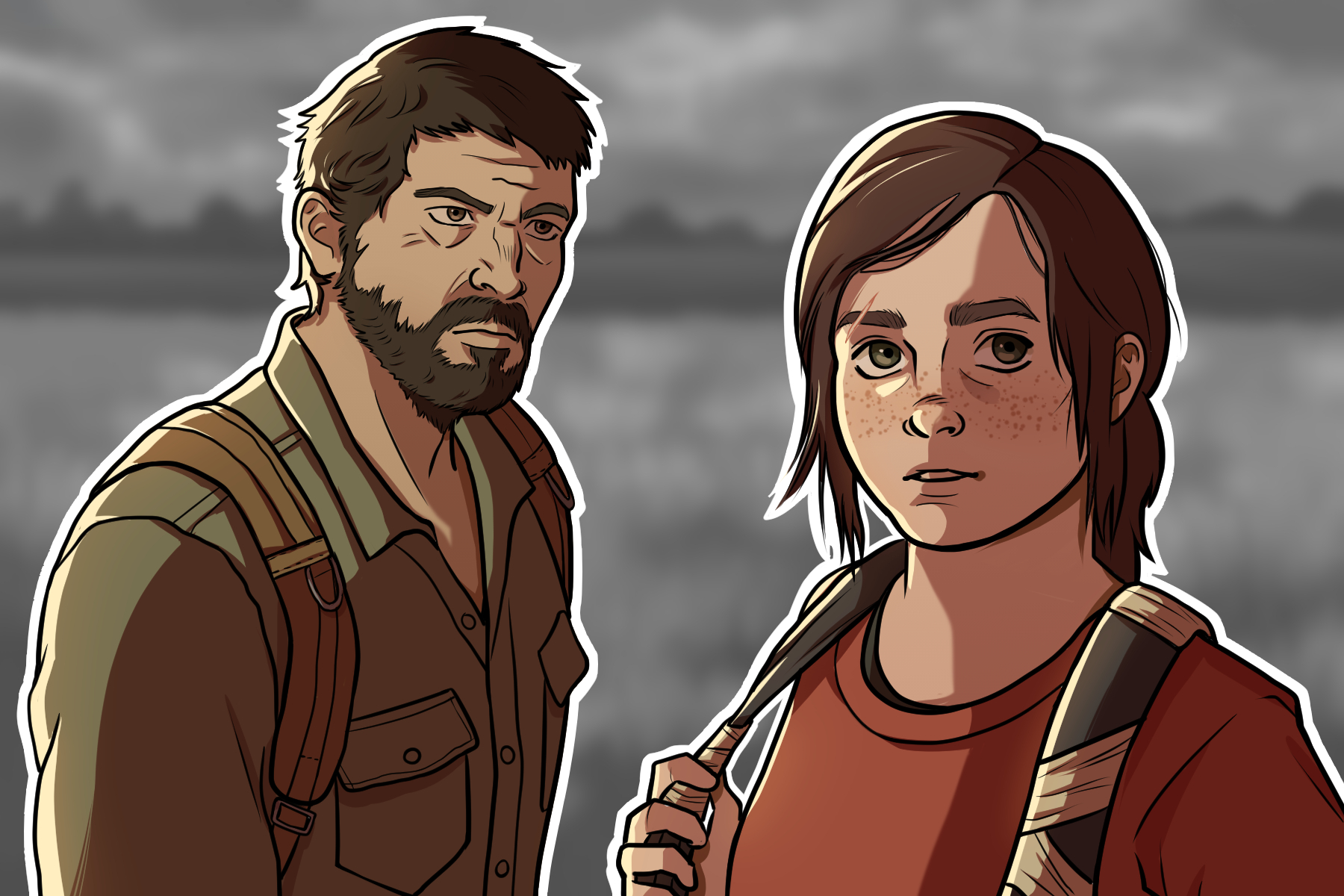On June 9, PlayStation and Naughty Dog unveiled a trailer announcing The Last of Us Part I, a full remake of the original game. The remake will feature entirely new graphics and improved gameplay, but more importantly, it will reintroduce a new generation of players to one of the greatest stories in PlayStation’s catalog. The Last of Us didn’t just prove that video games are more than capable of telling mature, emotional stories; it also reinvented how PlayStation games tell their narratives and how they portray their protagonists.
During the PlayStation 2 and 3 eras, it was easy to think of PlayStation as being the edgy counterpart to the family-friendly Nintendo. Games like Twisted Metal and God of War were known for their over-the-top violence and gore. Whatever narrative existed was mostly an excuse to ferry the player from one combat encounter to the next. Exceptions existed, like Shadow of the Colossus, but it wasn’t until The Last of Us that PlayStation games began to value strong narratives and compelling characters.
The Last of Us tells the story of Joel, a weary, bereaved man trying to survive in a world ravaged by a zombie apocalypse. Joel is forced to care for a young girl named Ellie, who has a mysterious immunity to the zombie virus. Over time, Joel comes to care for Ellie as he once did for his deceased daughter, and Ellie begins to see Joel as the father figure she never had. Their developing connection forms the heart of the story in The Last of Us as they journey through hostile lands hoping to find someone capable of harnessing Ellie’s immunity to make a cure.
The Last of Us was considered a landmark game due to its dark, heavy story that connected with players and represented real-life experiences. The game opens at the beginning of the zombie apocalypse when Joel’s daughter passes away in his arms. This famous scene sets the tone for the rest of the game. The Last of Us is gritty and uncompromising, much like the world it takes place in, but glimmers of hope drive both Joel and the player forward to see the conclusion.
But it isn’t just the narrative that makes The Last of Us so compelling. Joel and Ellie are so well written that they almost feel real. Their actions, emotions and relationship are all portrayed realistically, both through the writing and by the fantastic performances of their actors, Troy Baker and Ashley Johnson. Their character development also deserves praise. Ellie melts Joel’s hard exterior, while Joel teaches her about the harsh realities of the world. With strong characters backing it up, players can get invested in the story and care about what happens to the people in it.
This focus on well-written characters had a drastic effect on PlayStation games, even to this day. One of the first games to showcase this was Uncharted 4. The game was created by the same development studio as The Last of Us, Naughty Dog, and its directors Neil Druckmann and Bruce Straley. Previous Uncharted games placed more emphasis on exciting set pieces and action-packed gunplay than they did on narrative and characters, with the plot mostly being an excuse to get the player from one gunfight to the next.
Uncharted 4 took the series in a radically different direction by drawing inspiration from The Last of Us. The game is much slower-paced, often stopping the action to develop its central characters. Series protagonist Nathan Drake has evolved from the wise-cracking killing machine he was before, turning into a fully realized character whose childhood trauma is unearthed to explain his obsession with treasure hunting. Like Joel and Ellie’s relationship, Drake’s relationships — with his wife, his mentor, and his brother — are all pivotal to the story.
Another PlayStation game to draw direct inspiration from The Last of Us was 2018’s God of War. The series was well-known for its bloodshed and brutality, but not for strong narratives or characters. The 2018 God of War turns the franchise on its head by telling a much slower story. Kratos, living in the Norse realm of Midgard after demolishing the Greek Pantheon, must take his deceased wife’s ashes to the highest point in the realm. He is accompanied by his naïve, inexperienced son Atreus, and their strained relationship forms the heart of the game’s story, much like Joel and Ellie’s.
Uncharted 4 and God of War have both been lauded for their stories, and it’s easy to see how those narratives were directly inspired by The Last of Us. All of these games place a strong emphasis on relationships and how human connections are formed, tested and broken. This is achieved through slow, methodical story segments interspersed between combat and violence. Providing the characters time to breathe gives the audience the opportunity to learn about them and to care for them, making them root for the characters even harder when they’re in danger.
Other PlayStation games aren’t so heavily influenced by The Last of Us, but their increased emphasis on narrative shows an obvious impact. Ghost of Tsushima, for instance, focuses heavily on the development of protagonist Jin Sakai. He learns to let go of his samurai honor and embrace subterfuge, which puts him at odds with his honor-obsessed uncle. The Last of Us didn’t invent character development, but PlayStation’s focus on fleshing out their characters and getting audiences attached to them can largely be attributed to the game.
While The Last of Us is far from the first video game to have a compelling narrative, it was one of the original PlayStation games to emphasize it above all else. Although dark and gritty games were no stranger to the platform, the nuance, depth and character development in The Last of Us is hard to come by elsewhere. It created a framework that PlayStation games have used ever since. With The Last of Us Part I breathing new life into the original game, PlayStation’s development studios may be using it as a guide for their narratives for many more years to come.

















